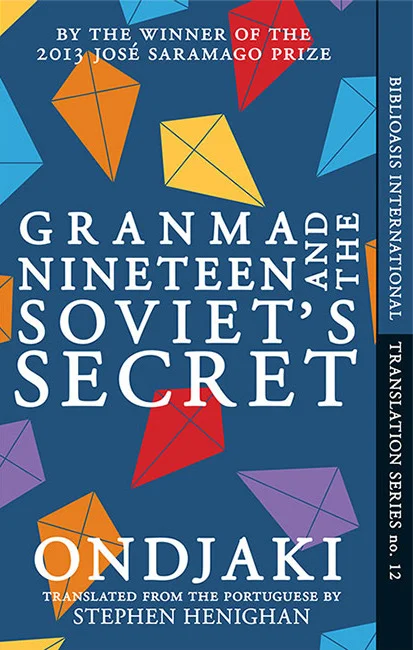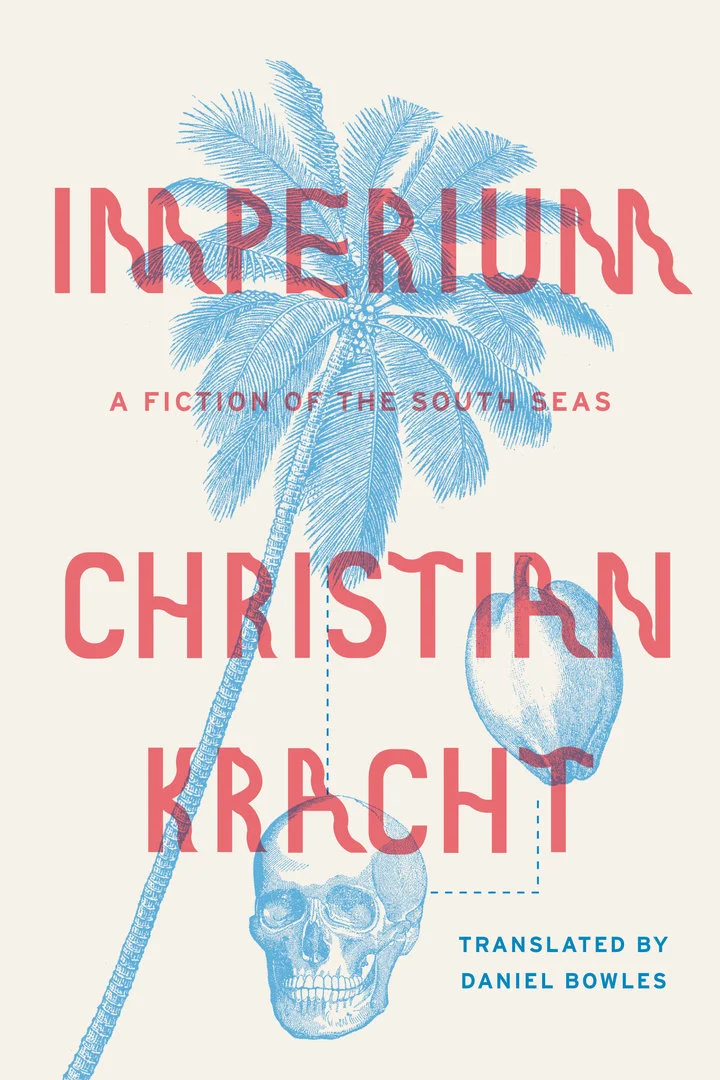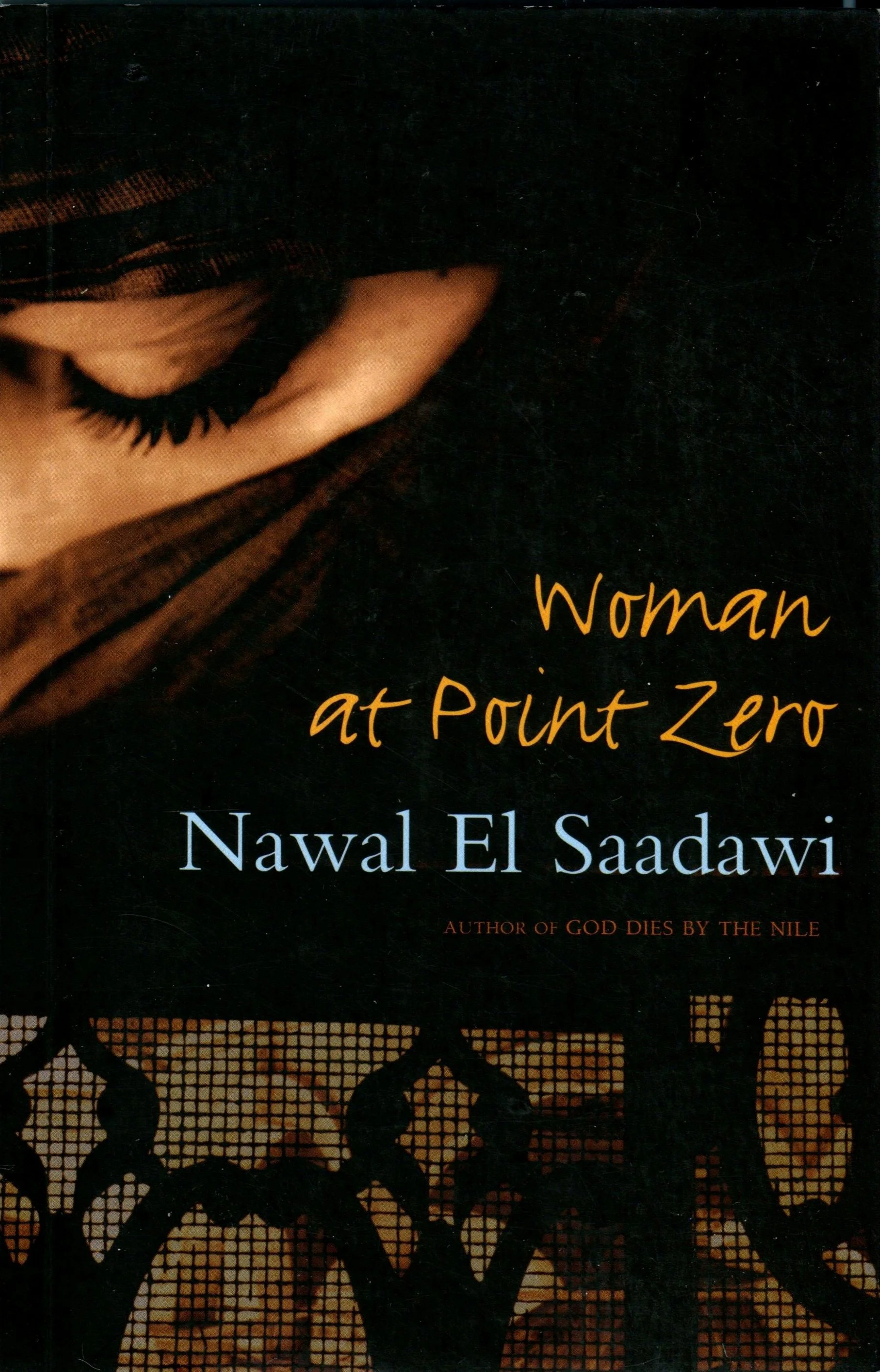Benin: As She Was Discovering Tigony (Olympe Bhêly-Quenum, trans. Tomi Adeaga)
Olympe Bhêly-Quenum (b. 1928) was born in Ouidah, Benin. After studying there, he traveled through Nigeria and Ghana, learning English as he went. In 1948 he went to France to study literature and later diplomacy . While working as a teacher there, his attention turned to journalism, ultimately becoming the Editor-in-Chief and Director of the magazine La Vie Africaine (1962-1965), and Editor for L’Afrique Actuelle ( 1965-1968). After joining UNESCO as a journalist, he continued to study, receiving another bachelors and masters degree in sociology. He won the Grand Prix littéraire d’Afrique noir in 1966.
Background: The Republic of Benin (formerly Dahomey) currently mixes three distinct territories pre-colonization. Before 1700, the coast was host a number of city-states of Aja, Yoruba, and Gbe ethnicities. Inland, many tribal regions existed of Bariba, Mahi, Gedevi, and Kabye peoples. To the east, the Oyo Empire resided, regularly raiding both the inland tribes and the coastal cities. In the 17th and 18th centuries, the Kingdom of Dahomey was founded (Fon ethnic group), and began to take over the coastal area. By 1727, most of these cities had fallen, but the Oyo Empire gained control over Dahomey as a vassal. The Dahomey kings sold war captives as slaves for the New World, as well as slaughtering many others as part of an annual celebration. This slave trade continued for 300 years (1472-1885). When the trans-Atlantic slave trade was banned in Britain and the United States, slaves continued to go to South America until 1885 when Spain finally banned slavery in Brazil. The loss of the slave trade weakened the Dahomey kings, and in 1892, France took over. In the 1940s, Dahomey gained its own parliament and representation in the French National Assembly. By 1958, it became the République du Dahomey, completely self-governing, and on July 11, 1960, France agreed to give full independence. Until 1972, a number of military coups changed things quickly, until Major Mathieu Kérékou took power, renaming it to the People’s Republic of Benin and running a strict Marxist-Leninst government. In the 1990s, Kérékou was finally convinced to bring a democratic constitution and hold elections. Prime Minster Nicéphore Soglo beat Kérékou in 2002. Elections since have been generally considered free and fair.
As She Was Discovering Tigony follows the story of Dorcas Keurléonan-Moricet, a white geophysicist working in Africa with her husband, a public servant. She falls in love with Benin, wandering the streets, and taking part in political protests. She meets and becomes enamored with Ségué n’Di, a young native man. Even as she manages a mine that seems exploitative, she helps gets n’Di a job. Eventually her husband discovers the affair and the fallout of their marriage mirrors the political changes going on around them. It’s a peculiar book; the style of writing meanders wildly from painfully academic (dry as a bone and deeply boring), to awkward dialogue, to a few beautiful moments. At its heart, that was my biggest struggle with the book: inconsistency. Certain elements were really interesting: the affect of the political situation, the dynamic between the white and native people, the humanity in Dorcas and her husband’s relationship. At the same time, here is a black man essentially writing about a white savior in Dorcas. Coming to Benin, she finds the secret genius, and it is only through and because of her that he is able to shine (ick!). N’Di’s character also seems so flat in contrast to that of Dorcas. She is vivacious, smart, complicated. N’Di feels much more a stereotype : a beautiful, quiet foreigner representing the exotic, the new life Dorcas can have without the stifling nature of European mores. He lacks depth to me. The book’s plot moves along at a good pace at least, so there’s that. A weird one, and hard to recommend.






